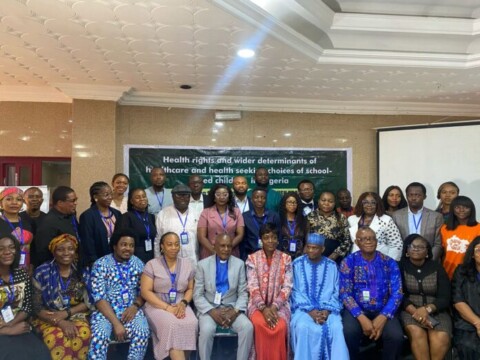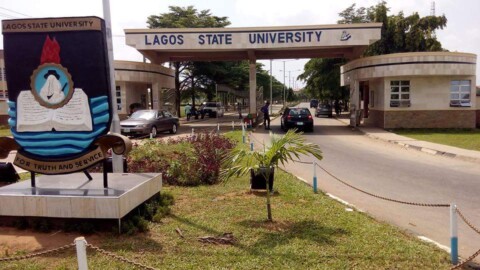Research findings have indicated that Nigerian public institutions report higher cases of Sexual and Gender-Based Violence (SGBV), primarily due to weaker regulations implemented by institutional management.
A study titled Acting Together, funded by the Tertiary Education Trust Fund (TETFund), highlights that prevalent forms of SGBV in higher institutions include rape, sexual harassment, and the exploitation of power dynamics between lecturers and students. These findings were discussed during a virtual meeting held over the weekend.
Professor Oluyemisi Obilade, the principal investigator of the project and a faculty member in the Department of Adult Education and Lifelong Learning at Obafemi Awolowo University (OAU), Ile-Ife, emphasized the need for youth involvement in combating SGBV. “If we are to win the fight against Sexual and Gender-Based Violence, it must involve young people, especially students, as active partners in the process,” she stated.
During her presentation, Professor Obilade acknowledged the crucial role of students in creating safe environments within universities and extended her appreciation to all participants and research team members for their dedication.
At a workshop organized to disseminate the study’s findings, Dr. Tajudeen Akinsooto, also from OAU’s Department of Adult Education and Lifelong Learning, revealed that SGBV is widespread in Nigerian higher education institutions. He identified key factors contributing to its prevalence, including academic and accommodation challenges, cultural norms, poverty, personal attributes, and environmental factors.
Dr. Akinsooto noted that while public institutions reported more cases due to weaker enforcement of regulations, private institutions had fewer cases because of stricter control measures. Reported incidents include sexual harassment, rape, bullying, discrimination, and extortion. He stressed that awareness programs on SGBV remain inadequate in Nigerian tertiary institutions and called for collective efforts to address the issue.
Professor Akanni Akinyemi, Deputy Vice-Chancellor for Research, Innovation, and Development at OAU, commended the research team for their impactful work. “This study goes beyond academic publication—it seeks to create real change. If we ignore these issues, we risk normalizing them,” he said.
Providing safety advice to students, Dr. Adejoke Babalola from OAU’s Department of Adult Education and Lifelong Learning urged students to remain vigilant, trust their instincts, inform others about their whereabouts, avoid risky situations, and learn self-defense techniques.
The workshop, held virtually, had participation from students of the University of Ilesa, University of Uyo, Kaduna State University, Federal Polytechnic Ede, Bowen University, and Obafemi Awolowo University, among others. Other institutions involved included the University of Abuja, Enugu State University of Science and Technology, and the Federal College of Education, Zuba.
The research team comprised Professor Oluyemisi Obilade, Professor Olutoyin Mejiuni, Professor Akanni Akinyemi, Dr. Oluwatoyin Ilesanmi, Professor Lanre Ikuteyijo, Dr. Bisola Adebayo, Dr. Oyeyemi Babalola, Mr. Tope Aborisade, Dr. Joke Babalola, and Dr. Tajudeen Akinsooto.





